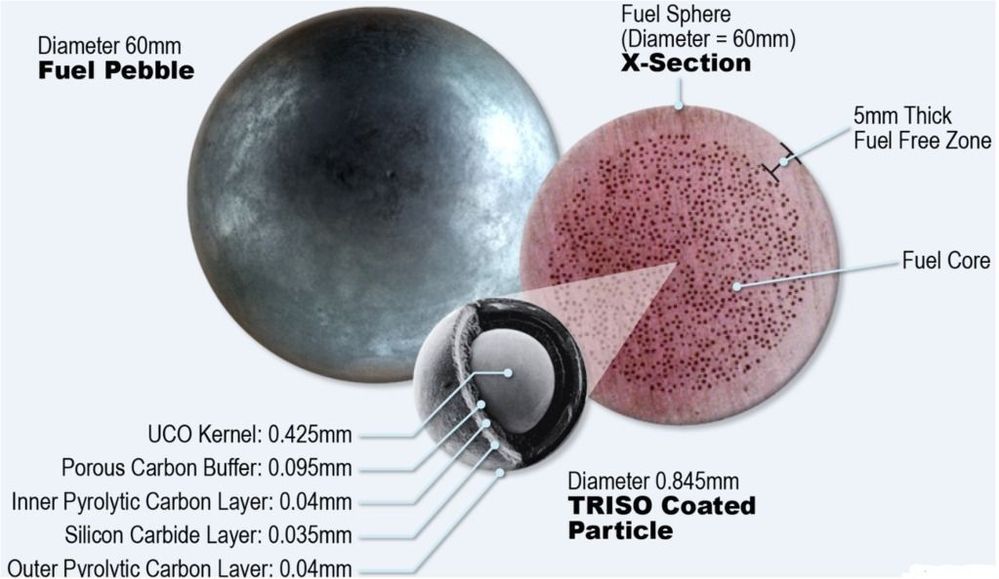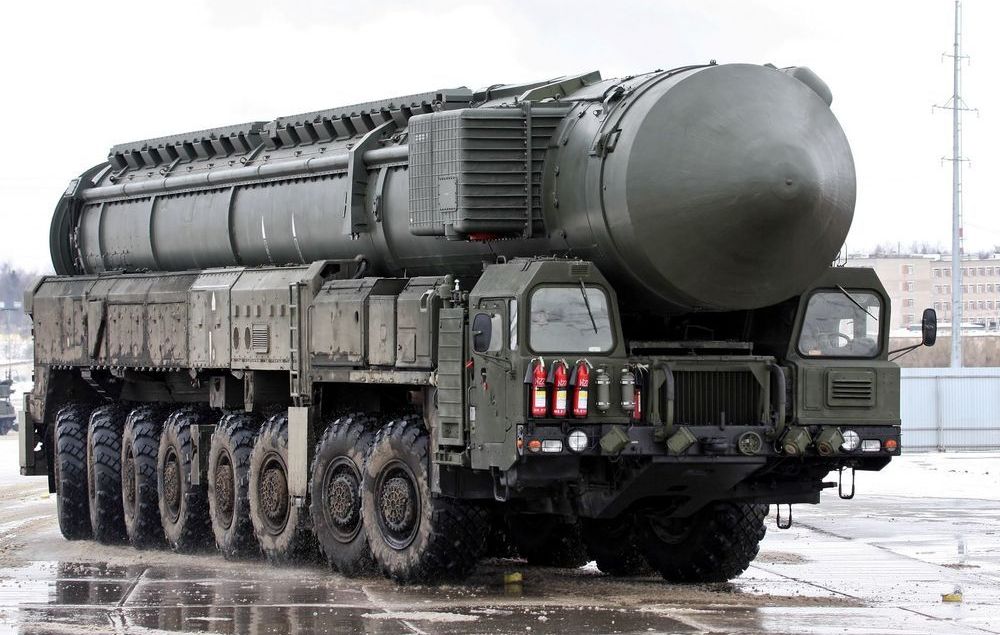DARPA is planning to develop a travel adapter for the human body. Called the ADvanced Acclimation and Protection Tool for Environmental Readiness (ADAPTER), the new program aims to produce an implantable or ingestible bioelectronic device to help soldiers handle jet lag and diarrhea.
Anyone who has traveled extensively knows that jet lag and diarrhea are not jokes. Jet lag and other sleep-cycle disruptions such as shift work can impair alertness and athletic performance, and cause disorientation, fatigue, indigestion, irritability, insomnia, and excessive sleepiness. Meanwhile, travel diarrhea can produce symptoms that range from unpleasant to severe.
This is bad enough for tourists or business people, but for soldiers jet lag and diarrhea can be a real hindrance as hundreds or even thousands of soldiers can be deployed to the other side of the world at a moment’s notice, only to end up running so far ahead of the logistical chain that they have to rely on local food and water instead of standard military rations. The end result is soldiers impaired by disrupted sleep cycles or requiring medical attention for intestinal problems as a result of consuming contaminated food and water.









